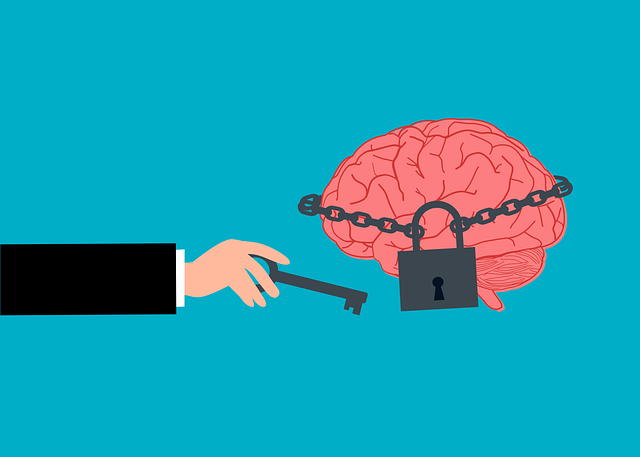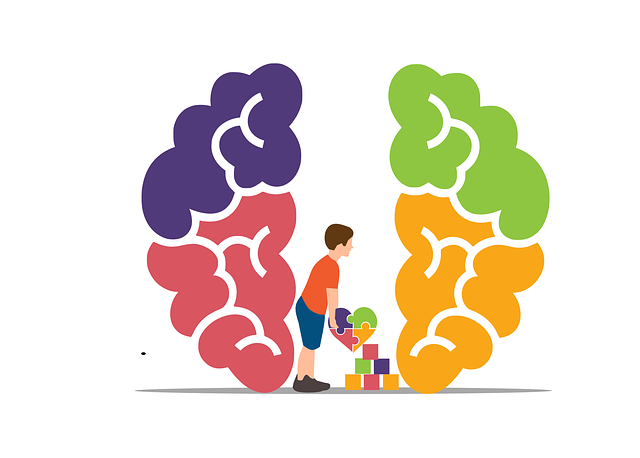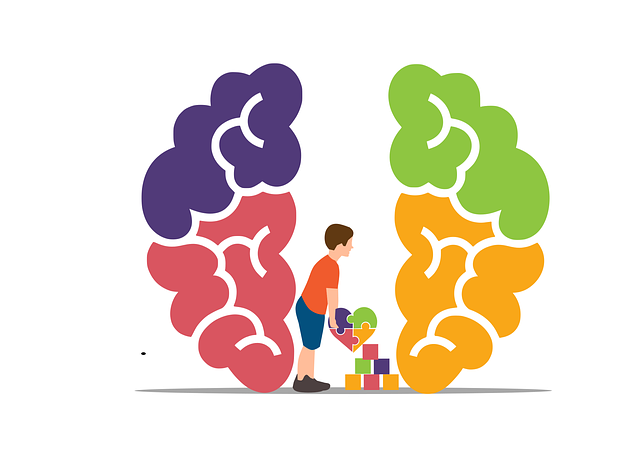Englewood Chronic Pain Therapy leverages positive thinking as a powerful CBT-based tool for managing chronic pain holistically. By reframing perspectives, challenging negative emotions and cultivating positivity, individuals experience physiological changes that reduce pain perception, enhance well-being, prevent burnout, and improve stress management. Personalized exercises like gratitude journaling and mindfulness foster emotional control, resilience, and healthier coping mechanisms. Regular practices shift mindsets to lower stress and pain levels, while tracking progress through goal-setting ensures continuous improvement and awareness in navigating life's complexities.
In the realm of Englewood chronic pain management, positive thinking exercises have emerged as a game-changer. This article delves into the transformative power of cognitive behavioral therapy (CBT) in alleviating chronic pain. We explore how personalized CBT techniques, tailored to individual needs, can significantly reduce pain and enhance quality of life. Through practical strategies for daily implementation and tracking progress, readers will discover effective ways to integrate positive thinking routines into their lives, offering a promising path towards lasting relief.
- Understanding Positive Thinking and Its Impact on Chronic Pain
- The Role of Cognitive Behavioral Therapy in Englewood Chronic Pain Management
- Designing Personalized Positive Thinking Exercises
- Practical Strategies for Daily Implementation
- Tracking Progress and Adjusting the Positive Thinking Routine
Understanding Positive Thinking and Its Impact on Chronic Pain

Positive thinking isn’t about ignoring or denying difficult emotions; instead, it’s a practice that empowers individuals to reframe their perspective on challenges, especially when dealing with chronic pain. Englewood Chronic Pain Therapy recognizes the profound impact of mental attitude on physical well-being. By cultivating positive thoughts and beliefs, individuals can reduce the intensity of pain signals sent to the brain, thus enhancing their overall quality of life. This transformation is not merely psychological; it can lead to physiological changes that support burnout prevention and stress management.
The benefits extend beyond stress reduction and burnout prevention. Positive thinking exercises can boost self-esteem, which is crucial for navigating the complexities of chronic pain. By challenging negative self-talk and replacing it with encouraging affirmations, individuals can foster a sense of resilience, enabling them to cope more effectively with pain episodes. This holistic approach to wellness integrates mental and physical dimensions, offering a comprehensive strategy for managing chronic conditions like pain.
The Role of Cognitive Behavioral Therapy in Englewood Chronic Pain Management

Englewood Chronic Pain Management often involves a complex interplay between physical and mental health. Cognitive Behavioral Therapy (CBT) has emerged as a powerful tool in addressing chronic pain, focusing on modifying negative thought patterns and behaviors that can exacerbate discomfort. By employing CBT techniques, individuals in Englewood can gain better control over their emotional responses to pain, leading to improved quality of life.
This therapeutic approach aims to enhance Emotional Intelligence and promote Emotional Well-being through effective Communication Strategies. Patients learn to challenge unhelpful cognitive distortions related to their pain, replacing them with more realistic and positive thoughts. As a result, they develop healthier coping mechanisms, reducing the impact of chronic pain on daily functioning and overall mental resilience.
Designing Personalized Positive Thinking Exercises

Implementing personalized positive thinking exercises is a powerful tool for anyone seeking to improve their mental health and well-being, particularly those dealing with chronic pain like those attending Englewood Chronic Pain Therapy sessions. These tailored practices recognize that each individual has unique challenges and strengths when it comes to emotional regulation. For instance, a designer of Mental Health Education Programs might create engaging activities that encourage participants to identify and challenge negative thought patterns, replacing them with more positive and realistic perspectives. This process can be as simple as daily gratitude journaling or more interactive, like visual mindfulness exercises.
Incorporating these strategies into one’s routine is an effective Burnout Prevention Strategy for Healthcare Providers who often face high-stress environments. By fostering a practice of positive thinking, professionals can enhance their Mood Management skills, leading to increased resilience and better coping mechanisms. Customizing these exercises ensures that they remain relevant and impactful, catering to the specific needs and experiences of those seeking to transform their mental health journey.
Practical Strategies for Daily Implementation

Englewood Chronic Pain Therapy offers practical strategies for daily positive thinking exercises that can significantly enhance one’s quality of life. Incorporating Mind Over Matter Principles is a powerful tool to combat chronic pain and stress. Start by setting aside just 15 minutes each day for self-awareness exercises, focusing on your breath and cultivating gratitude. This simple routine can help shift your perspective and reduce the impact of negative thoughts.
Engage in regular Self-Awareness Exercises like journaling or meditation to reinforce this practice. The Stress Management Workshops Organization highlights the importance of consistent effort in these practices. By consistently applying positive thinking techniques, you can train your mind to respond differently to challenging situations, ultimately reducing stress and pain levels. These strategies are accessible and effective for anyone looking to improve their overall well-being through Englewood Chronic Pain Therapy’s holistic approach.
Tracking Progress and Adjusting the Positive Thinking Routine

Tracking progress is a vital part of cultivating a positive thinking routine. Individuals embarking on this journey with Englewood Chronic Pain Therapy can mark their advancements by setting achievable goals and regularly evaluating their emotional state, thought patterns, and overall well-being. This practice allows them to recognize successes, identify areas for improvement, and make informed adjustments. For instance, they might notice an increase in resilience during challenging situations or a shift towards more positive self-talk. By quantifying these changes, individuals can gain valuable insights into their Emotional Healing Processes and tailor their routines accordingly.
Effective communication strategies are key to this adjustment period. Sharing experiences with supportive networks, be it friends, family, or support groups, enables individuals to receive feedback and encouragement. This open dialogue facilitates a deeper understanding of one’s progress and provides an opportunity to refine the positive thinking exercises. Incorporating these feedback loops ensures that the routine remains relevant and beneficial in navigating life’s complexities, fostering Mental Health Awareness and overall growth.
Implementing positive thinking exercises as part of an Englewood Chronic Pain therapy routine can significantly enhance overall well-being. By understanding the impact of cognitive behavioral techniques, personalizing practices, and adopting practical strategies for daily engagement, individuals can navigate their chronic pain journey with greater resilience. Tracking progress and adjusting routines ensures a tailored approach to managing pain and improving quality of life. Embrace these exercises as a powerful tool in your Englewood Chronic Pain management plan.














